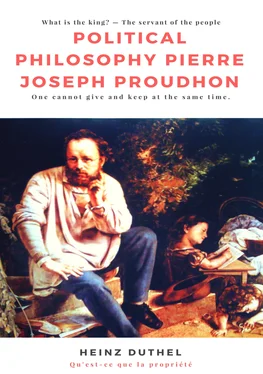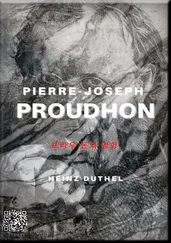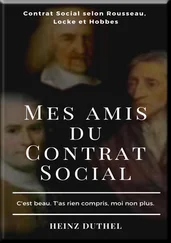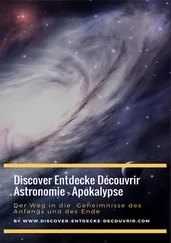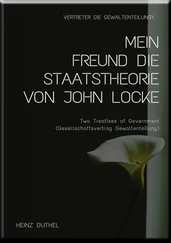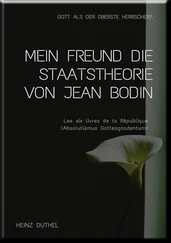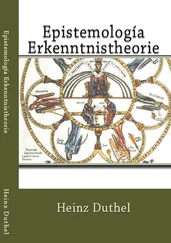In the book, Proudhon most famously declared that “property is theft”. Proudhon believed that the common conception of property conflated two distinct components which, once identified, demonstrated the difference between property used to further tyranny and property used to protect liberty. He argued that the result of an individual's labor which is currently occupied or used is a legitimate form of property. Thus, he opposed unused land being regarded as property, believing that land can only be rightfully possessed by use or occupation (which he called "possession"). As an extension of his belief that legitimate property (possession) was the result of labor and occupation, he argued against such institutions as interest on loans and rent.
The proprietor, the robber, the hero, the sovereign — for all these titles are synonymous — imposes his will as law, and suffers neither contradiction nor control; that is, he pretends to be the legislative and the executive power at once . . . [and so] property engenders despotism . . . That is so clearly the essence of property that, to be convinced of it, one need but remember what it is, and observe what happens around him. Property is the right to use and abuse . . . if goods are property, why should not the proprietors be kings, and despotic kings — kings in proportion to their facultes bonitaires? And if each proprietor is sovereign lord within the sphere of his property, absolute king throughout his own domain, how could a government of proprietors be any thing but chaos and confusion?
Proudhon contrasted the supposed right of property with the rights (which he considered valid) of liberty, equality, and security, saying: "The liberty and security of the rich do not suffer from the liberty and security of the poor; far from that, they mutually strengthen and sustain each other. The rich man’s right of property, on the contrary, has to be continually defended against the poor man’s desire for property." He further argued that the right of property contradicted these other rights: "Then if we are associated for the sake of liberty, equality, and security, we are not associated for the sake of property; then if property is a natural right, this natural right is not social, but anti-social. Property and society are utterly irreconcilable institutions."
Though Proudhon rejects the right of property per se, he also argues that the state of possession as it is (or was) could not be justified even by supposing this right. Here he feigns to bring a legal claim against society, in a style mocking legal rhetoric:
In writing this memoir against property, I bring against universal society an action petitoire [a legal claim to title]: I prove that those who do not possess to-day are proprietors by the same title as those who do possess; but, instead of inferring therefrom that property should be shared by all, I demand, in the name of general security, its entire abolition. If I fail to win my case, there is nothing left for us (the proletarian class and myself) but to cut our throats: we can ask nothing more from the justice of nations; for, as the code of procedure (art 26) tells us in its energetic style, the plaintiff who has been non-suited in an action petitoire, is debarred thereby from bringing an action possessoire. If, on the contrary, I gain the case, we must then commence an action possessoire, [a legal repossession] that we may be reinstated in the enjoyment of the wealth of which we are deprived by property. I hope that we shall not be forced to that extremity; but these two actions cannot be prosecuted at once, such a course being prohibited by the same code of procedure.
—Pierre-Joseph Proudhon, What is Property?
Proudhon claims that his treatise "shall prove beyond a doubt that property, to be just and possible, must necessarily have equality for its condition." He used the term mutuellisme (mutualism) to describe his vision of an economy in which individuals and democratic workers associations could trade their produce on the market under the constraint of equality.
Some contemporary anarchists use the terms personal property (or possessive property) and private property to signify the distinctions Proudhon put forth in regard to ownership of the produce of labor and ownership of land. In this sense, private property would refer to claimed ownership of unused land or goods, and personal property would refer to produce of labor currently in use. This differentiation is an important component in anarchist critique of capitalism.
THE IDEA OF AN INSURRECTION.
If I were asked to answer the following question: What is Slavery? and I should answer in one word, It is murder, my meaning would be understood at once. No extended argument would be required to show that the power to take from a man his thought, his will, his personality, is a power of life and death; and that to enslave a man is to kill him. Why, then, to this other question: What is property! may I not likewise answer, It is robbery, without the certainty of being misunderstood; the second proposition being no other than a transformation of the first?
I undertake to discuss the vital principle of our government and our institutions, property: I am in my right. I may be mistaken in the conclusion which shall result from my investigations: I am in my right. I think best to place the last thought of my book first: still am I in my right.
Such an author teaches that property is a civil right, born of occupation and sanctioned by law; another maintains that it is a natural right, originating in labor, — and both of these doctrines, totally opposed as they may seem, are encouraged and applauded. I contend that neither labor, nor occupation, nor law, can create property; that it is an effect without a cause: am I censurable?
But murmurs arise!
Property is robbery! That is the war-cry of '93! That is the signal of revolutions!
Reader, calm yourself: I am no agent of discord, no firebrand of sedition. I anticipate history by a few days; I disclose a truth whose development we may try in vain to arrest; I write the preamble of our future constitution. This proposition which seems to you blasphemous — property is robbery — would, if our prejudices allowed us to consider it, be recognized as the lightning-rod to shield us from the coming thunderbolt; but too many interests stand in the way! . . . Alas! philosophy will not change the course of events: destiny will fulfill itself regardless of prophecy. Besides, must not justice be done and our education be finished?
Property is robbery! . . . What a revolution in human ideas! Proprietor and robber have been at all times expressions as contradictory as the beings whom they designate are hostile; all languages have perpetuated this opposition. On what authority, then, do you venture to attack universal consent, and give the lie to the human race? Who are you, that you should question the judgment of the nations and the ages?
Of what consequence to you, reader, is my obscure individuality? I live, like you, in a century in which reason submits only to fact and to evidence. My name, like yours, is truth-seeker.1 My mission is written in these words of the law: Speak without hatred and without fear; tell that which thou knowest! The work of our race is to build the temple of science, and this science includes man and Nature. Now, truth reveals itself to all; to-day to Newton and Pascal, tomorrow to the herdsman in the valley and the journeyman in the shop. Each one contributes his stone to the edifice; and, his task accomplished, disappears. Eternity precedes us, eternity follows us: between two infinites, of what account is one poor mortal that the century should inquire about him?
Disregard then, reader, my title and my character, and attend only to my arguments. It is in accordance with universal consent that I undertake to correct universal error; from the opinion of the human race I appeal to its faith. Have the courage to follow me; and, if your will is untrammelled, if your conscience is free, if your mind can unite two propositions and deduce a third therefrom, my ideas will inevitably become yours. In beginning by giving you my last word, it was my purpose to warn you, not to defy you; for I am certain that, if you read me, you will be compelled to assent. The things of which I am to speak are so simple and clear that you will be astonished at not having perceived them before, and you will say: "I have neglected to think." Others offer you the spectacle of genius wresting Nature's secrets from her, and unfolding before you her sublime messages; you will find here only a series of experiments upon justice and right a sort of verification of the weights and measures of your conscience. The operations shall be conducted under your very eyes; and you shall weigh the result.
Читать дальше
